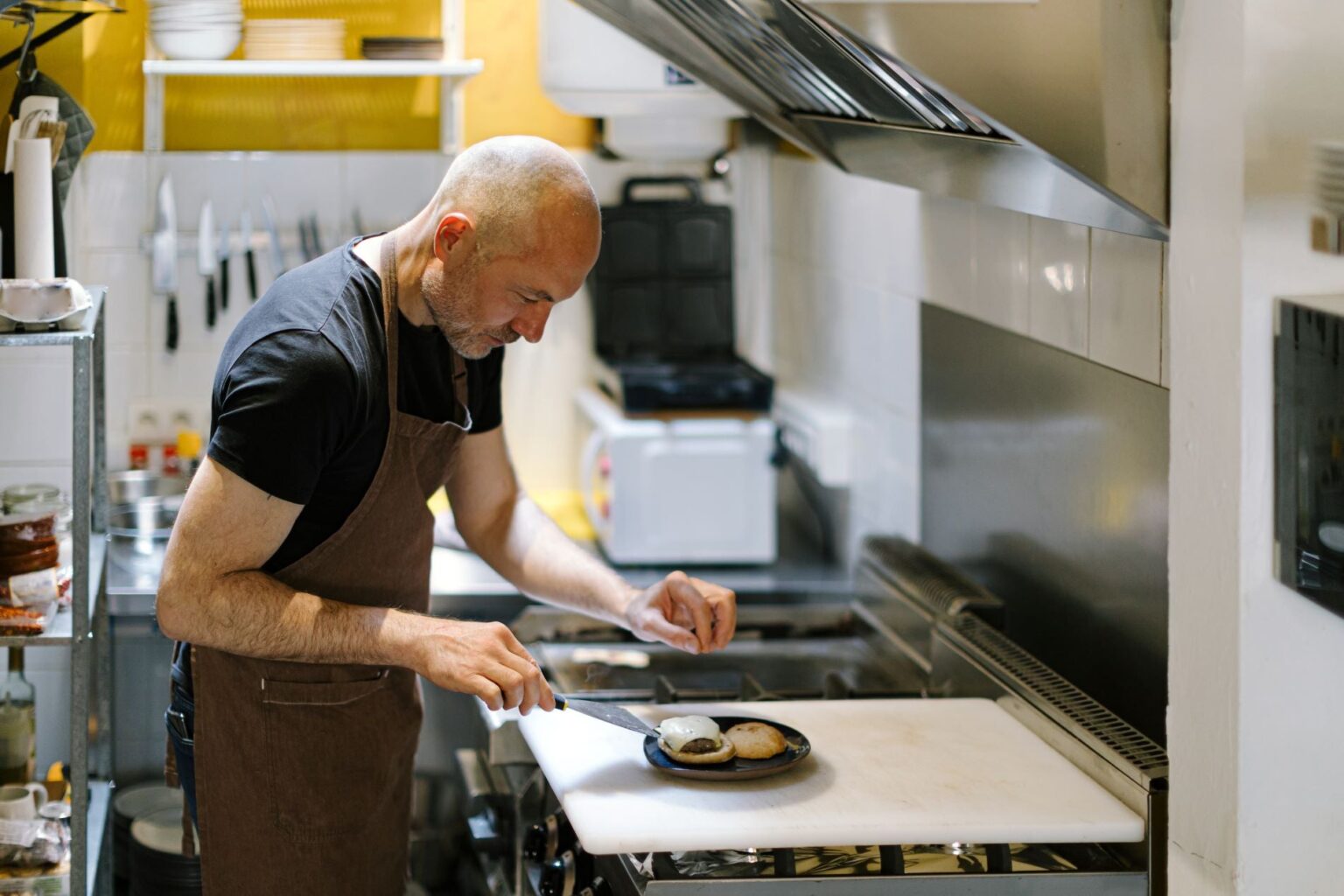The government has this week confirmed that certain management roles and qualified positions will soon be removed from the UK’s Skilled Worker visa list, amid the ongoing hospitality labour shortage.
In March, it was announced that the skill level threshold for the visa, known as the Regulated Qualifications Framework (‘RQF’) would increase from level 3 (A-level standard) to level 6 (degree-level), undoing measures introduced to ease employment struggles post-Brexit.
Chefs, pub managers, and bakers are among the key talents that will fall under the new qualification threshold as a result. If approved by parliament, the changes will come into effect from 22 July, giving businesses little time to prepare for the shift.
Which roles will no longer be eligible for the UK Skilled Worker visa?
The full government statement, published on Tuesday, lists 180 professional roles that are expected to be locked out of the Skilled Worker visa later this month. The hospitality roles set to lose access to the scheme are:
- Chefs
- Bakers
- Café managers
- Restaurant managers
- Takeaway managers
- Catering managers
- Hotel and accommodation managers
- Bar managers
- Pub managers
Around 60 occupations in high-demand sectors will instead move to a Temporary Shortage list. These professions, including logistics managers and business sales executives, will be able to apply for the Skilled Worker visa until the end of April 2026. None are in hospitality.
That leaves over 100 job roles which will no longer be eligible for overseas hiring. Only those who began their visa application before 22 July 2025 will be able to earn sponsorship.
Skilled worker minimum salary rise due next April
Alongside the release of the occupations affected by the Skilled Occupation list, the government also this week confirmed that the general salary threshold for Skilled Worker sponsorship will rise from £38,700 to £41,700.
Meanwhile, the general threshold for those who already have Skilled Worker status, regardless of whether they’ll be ineligible in July, will increase from £29,000 to £31,300.
That means hospitality workers including chefs and pub managers already working on a Skilled Worker visa will need to earn over this amount if they plan to extend or update their visa. However, these lower salary thresholds will only be in place until April 2030.
Companies will have already invested a lot in these staff members. It will still likely be more expensive to start a new search rather than raise pay for current employees. But the hefty wage rise comes at a time when many are already dealing with paper-thin profit margins.
“Complete reset” on immigration
Foreign recruitment had been a lifeline for hospitality businesses post-Brexit. Amid poor availability of domestic talent, the industry has become increasingly reliant on overseas staff. But as migration numbers rise, the government is now looking to cut the cord.
Commenting on the new white paper, Home Secretary Yvette Cooper said: ”We are delivering a complete reset of our immigration system to restore proper control and order, after the previous government allowed net migration to quadruple in four years.”
Whitehall also plans to make it more expensive for employers to sponsor overseas workers, and introduce stricter English language requirements for foreign employees.
The changes could be the nail in the coffin for hospitality firms, many of which are already circling the drain due to crippling employer cost rises introduced this April.
In London, 63% of hospitality roles were estimated to be held by non-UK employees in 2024, the highest proportion in any sector-region pairing across the UK. Chefs, bakers, pastry cooks, and waiters are among the most in-demand positions.
In May, Whitehall encouraged firms to apply for the Sector-based Work Academy Programme (SWAP), which aims to deliver 100,000 hospitality work placements. But with the Skilled Worker changes due in mere weeks, it’s a sticking plaster on a gaping wound.
